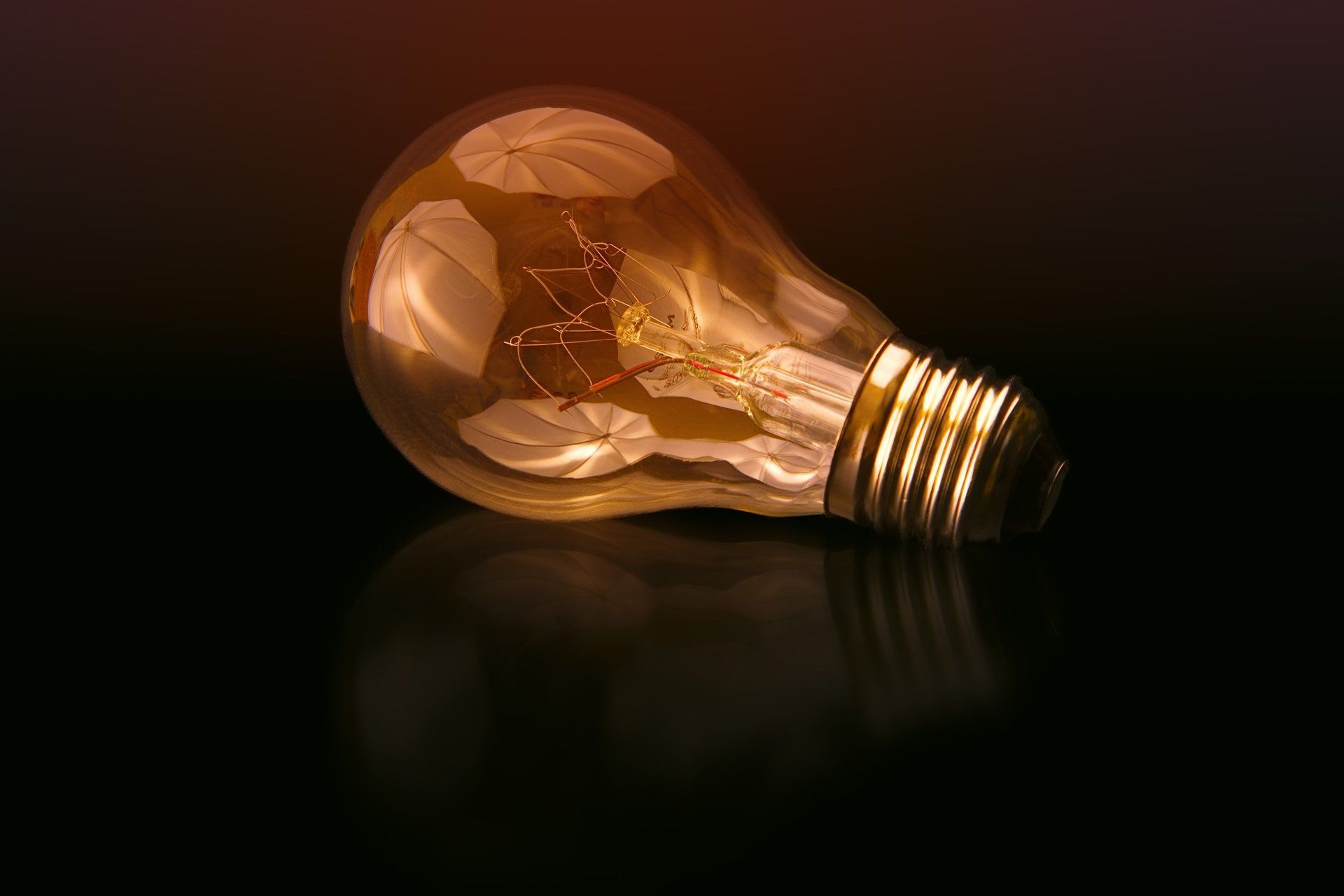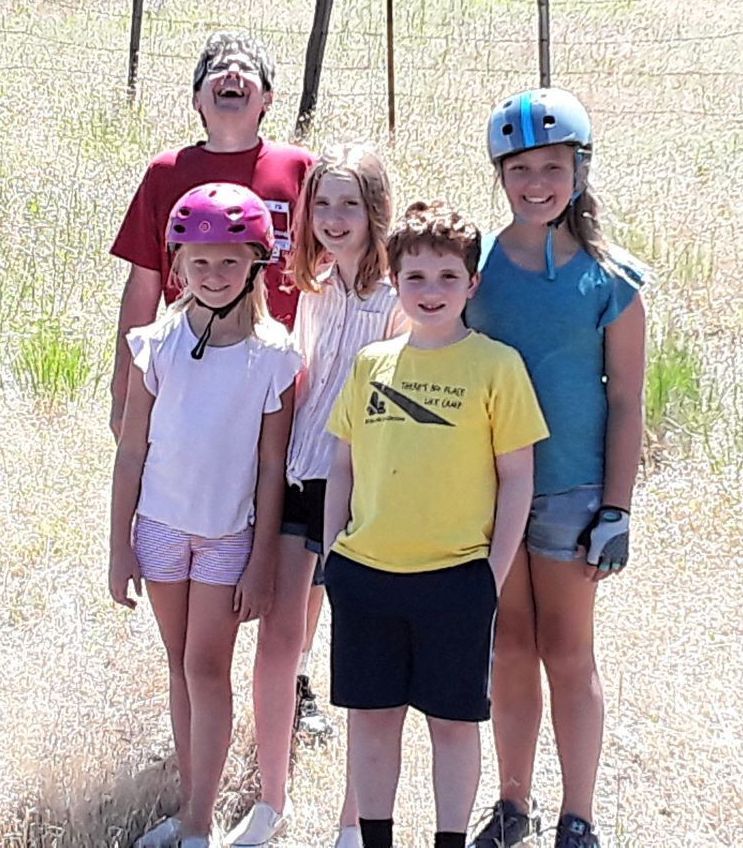One Bread, One Body
1 Cor 10:17
Please enjoy these short, insightful essays, faithful to the teachings of the Catholic Church.
Also on YouTube, "The Clever Catholic" channel.

When I make out my annual spiritual profit and loss statement for my soul’s fiscal year that begins in Advent, I’m always reminded of the parable of the dishonest steward (Lk 16:1-13). The dishonest steward knows he’s being canned for previously squandering his boss’ property. Rather than dig ditches or beg, he makes the shrewd move to eliminate his commissions on sales so that the delighted buyers might “welcome him into their homes.” And he charged big commissions, up to 100%. "The dishonesty of the steward consisted in the squandering of his master's property and not in any subsequent graft" (New American Bible commentary). Rather, his master commends him for his financial prudence, taking strategic losses now for possible gains later. Our Lord’s financial advice is to “store up treasures in heaven, where neither moth nor decay destroys, nor thieves break in and steal” (Mt 6:20). Let’s run our spiritual life then, like a Schwab portfolio. We need to be as spiritually savvy as the worldly are worldly: “For the children of this world are more prudent in dealing with their own generation than are the children of light” (8b). The world’s bumper sticker says, “Whoever dies with the most toys wins.” Ours should say, “Whoever dies with the most Communions wins.” Receiving Holy Communion as often as possible is obviously the biggest bang for our spiritual buck, physically and spiritually uniting with God, yielding the highest ROI (return on investment), easily beating the S&P 500. What's beautiful about the Catholic Church is that there are Masses going on all over the world all the time. The sun never sets on the Mass. Go to daily Mass to financially make a killing. If you can't get to daily Mass, make spiritual Communions to score some moolah. Bring home the bacon with Eucharistic Adoration, bankrolling heavenly greenbacks hand over fist. Reading sacred scripture, of course, is another way to put on the mind of Christ and earn beaucoup bucks. Praying the rosary is a cash cow. In every Hail Mary, we say Jesus and Mary are blessed, affirm his divinity, admit we’re sinners, and ask Mary, the Mother of God, to pray for us. It’s like hitting heaven’s lotto. As members of “a royal priesthood” (1 Pt 2:9) we can offer up in sacrifice our little annoyances and our real challenges as we take up our cross daily, to receive a treasure trove of grace. "For where your treasure is, there also will your heart be" (Mt 6:21). The next paper will cover the sin of spiritual greed. (I couldn’t resist.)

For Catholics, in the hierarchy of truths, the highest truth, and the toughest one to explain--next to the Eucharist--is the Trinity. “The mystery of the Most Holy Trinity is the central mystery of Christian life and faith” (Catechism of the Catholic Church 234). Only because God revealed that he’s three distinct persons with one nature would we know it. But we could fumble if we think that because the Father, Son, and holy Spirit each possess the divine nature, we believe in three Gods. And there are many other heresies we could fall into. We must, therefore, define and make the distinction between person and nature. Defining person is easy. Not every being is a person. Only rational beings are persons. Persons are who we are. You’re you and I’m me. Nature is what we are. By our nature, we do what we do. “We can laugh and cry and walk and talk and sleep and think and love. All these and other things we can do because as human beings we have a nature which makes them possible. A snake could do only one of them--sleep. A stone could do none of them. Nature, then, is to be seen not only as what we are but as the source of what we can do. But although my nature is the source of all my actions, although my nature decides what kind of operations are possible for me, it is not my nature that does them: I do them, I the person" (Frank Sheed, Theology and Sanity , 1946). God’s nature is the total possession of divinity. Because Father, Son, and Spirit each possess the fullness of God, their nature is exactly the same. The Son, therefore, is everything the Father is, except being the Father: “If you know me, then you will also know my Father" (Jn 14:7), for in Christ "dwells the whole fullness of the deity bodily“ (Col 2:9). "Thus, the one, infinite, divine nature is totally possessed by three distinct persons. Here we must be quite accurate: the three persons are distinct, but not separate; and they do not share the divine nature, but each possesses it totally” (Sheed, 1946). Because the three Persons each possess only one, identical, divine nature, there is only one God. You and I have a human nature, but it’s not exactly the same. We think, love, talk, etc., differently. The Trinity is like three laptops plugged into one mainframe computer. All three laptops are distinct, but really there is only one computer. Each laptop, or Person, though, possesses the fullness of the total nature of the one infinite mainframe, God.

In the beginning was the Word, and the Word was with God, and the Word was God. --John 1:1 These ideas are Frank Sheed’s, British founder of the Catholic Evidence Guild, of which I was a member. Besides being an acclaimed author, Sheed was a street corner preacher. After taking classes at the seminary, the NYC Guild would meet at Washington Square Park in Manhattan. Then, one by one, we would present our assigned topic to passersby. If people had questions, members would pull them aside. It was a fun and fascinating experience, like being with St. Paul at the Areopagus (Acts 17:22). From Sheed's book, Theology for Beginners , 1957, abbreviated and slightly expanded on: The truth, that Father and Son possess the one same nature, might remain wholly dark to us if St. John had not given us another term for their relation—the Second Person is the Word of the First. God utters a Word—not framed by the mouth of course, for God has no mouth. He is pure spirit. So it is a word in the mind of God, an Idea. It is the Idea he produces of himself. But the Idea that God has of himself cannot be imperfect. Whatever is in the Father must be in his Idea of himself, and must be exactly the same as it is in himself. Otherwise God would have an inadequate Idea of himself, which would be nonsense. Thus, because God is infinite, eternal, all-powerful, his Idea of himself is infinite, eternal, all-powerful. Because God is God, his Idea is God. The Father knows and loves; so, his Idea knows and loves. In other words, the Idea is a Person. God's Idea of himself is not something only, it is Someone: for it can know and love. Hence, the Son--the Father's Idea of himself--is everything the Father is, except being the Father. "If you know me, then you will also know my Father" (Jn 14:7). The Son, therefore, is "the refulgence of the Father's glory" (Heb 1:3a), the full light of God the Father, reflected in God the Son, who is the very imprint of the Father's being (Heb 1:3b). Jesus is thus "the image of the invisible God" (Col 1:15). The Thinker and the Idea are distinct, the one is not the other, Father and Son are two Persons. But they are not separate. An Idea can exist only in the mind of the Thinker. Each possesses the divine nature, but each is wholly himself, conscious of himself as himself, of the other as other. Among men, fathers are always older than sons. But God has not to wait for a certain amount of eternity to roll by before he can be a Father. Eternity does not roll by; it is an abiding Now. Merely by being God, he knows himself with infinite knowing power, and utters his infinite self-knowledge in the totally adequate Idea of himself which is his co-eternal Son. The Father can think you out of existence (which he won't), but he can't think the Son out of existence. The Son is a given, the Father's eternal generation of the Son, an inevitability. The closest we get to an animated idea of self is when we dream. In dreaming, we generate an idea of self that can be quite convincing until we awaken. But it's at that moment of awakening when we see our self and our idea of self as separate, distinct entities. There is one huge and instant difference, however, between God’s Idea and any idea we may form. His is Someone, ours is only something. God’s Idea is Someone, and an infinite Someone; between Thinker and Idea there is an infinite dialogue, an infinite interflow. Father and Son love each other, with infinite intensity. What we could not know, if it were not revealed to us, is that they unite to express their love, and that the expression is a third Divine Person. In the Son, the Father utters his self-knowledge; in the holy Spirit, Father and Son utter their mutual love. Their love is infinite; its expression cannot be less. Each gives himself wholly to the outpouring of his love for the other—holding nothing back. The uttered love of Father and Son is infinite, lacks no perfection that they have, is God, a Person, Someone. After all, "God is l ove" (1 Jn 4:16b), Love is God, Personified. As this one great operation of spirit, knowing, produces the Second Person, so the other, loving, produces the Third. The Second proceeds from, is produced by, the First alone; but the Third, the holy Spirit, proceeds from Father and Son, as they combine to express their love. No one says it quite like Frank. "The grace of our Lord Jesus Christ and the love of God and the fellowship of the holy Spirit be with you all" (2 Cor 13:13).
Unexpected Kindness
"Unexpected kindness is the most powerful, least costly, and most underrated agent of human change.” —Bob Kerrey
After a fellow parishioner read something I wrote, she was so kind and encouraging that I was overcome with a desire to write. Less than two years and 60 essays later, here they are. I hope you like them.
~
Joey Fulgione
Many thanks to Jodi Weisz-Fulgione for her creative editing and organization of this website.

